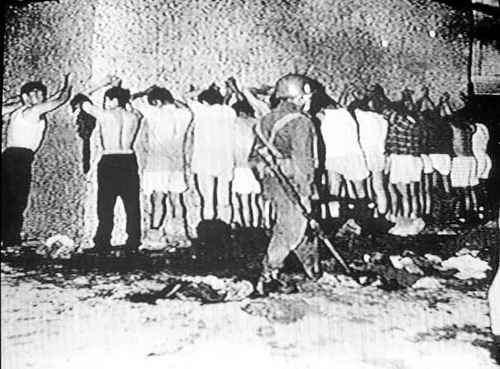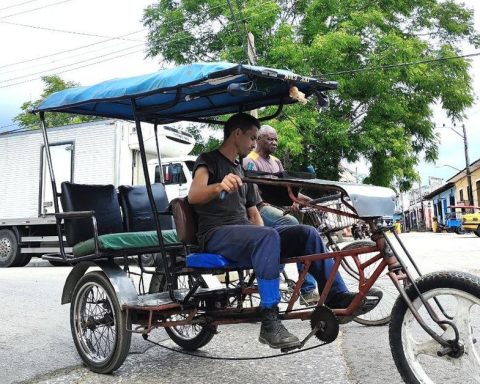▲ Students arrested on October 2, 1968.Photo archive
Victor Ballinas
The newspaper La Jornada
Monday, August 12, 2024, p. 11
The University Program of Studies on Democracy, Justice and Society (PUEDJS) of the UNAM is preparing the launch of a digital platform containing information on the student movements of the 20th and 21st centuries. In an interview, researcher Miguel Ángel Ramírez Zaragoza said that it is a recounting of the struggles of university students, from the demand for autonomy in 1920 to the present day.
He said the platform will be completed by the end of this month and will be presented to the public in September. It contains, he explained, an in-depth investigation of the protests.
PUEDJS produces books on this and other topics with the main findings of research into the battles of students, teachers and society, and the aim of the digital platform is to widely disseminate these works, which will be publicly accessible.
He also highlighted that there is a section with 10 theses on the political culture of activism and protests, where the main findings are described: We find that today’s activists follow the principles of being supportive, defending freedom, equality, public education, care in the face of the violence that is experienced in the country and in the covid pandemic.
.
Feminist struggle
According to researcher Ramírez Zaragoza, the recount includes the decade of the 1960s, which includes not only the student movement of 1968 in Mexico City, but also a series of expressions of discontent in Sinaloa, Sonora, Puebla and Veracruz.
Then, in the 70s, the fights of independent unions, urban and rural guerrillas, demonstrations for respect for human rights and against the disappearance of people are included; from the 80s, the claims against neoliberal policies and the formation of the University Student Council (CEU), which prevented the privatization processes of the university, are broken down. It also includes the I am 132 and the displays of indignation over the disappearance of the 43 from Ayotzinapa.
From the current century, the strikes are covered, you takemarches and rallies in 2018, especially those of a feminist nature, which denounced gender violence at the university and which ultimately generated important changes at UNAM, including the creation of the women’s or gender secretariat.
















